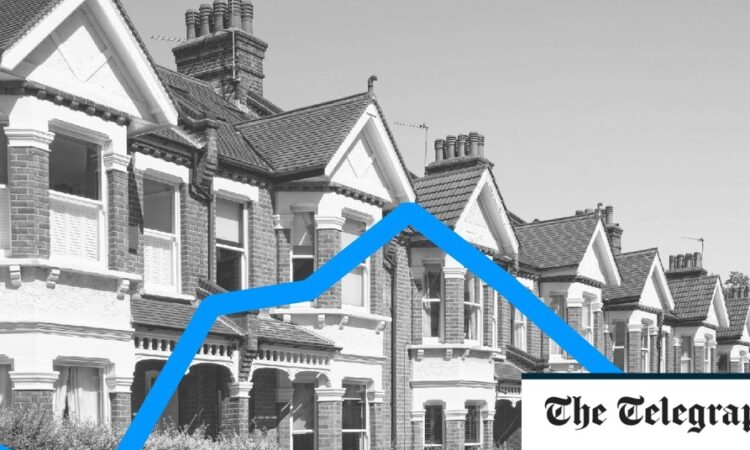
Even so, the slight recovery in prices can reasonably be taken as evidence of a rather more resilient economy than many had expected.
To date, there has been little or no evidence of forced selling and certainly no sign of the outright house price crash that was widely anticipated when inflation and interest rates first surged.
On Halifax’s numbers, nominal prices are off just 3.8pc since the peak in August last year, and on average, remain £40,000 higher than their pre-pandemic level. In real terms, after adjusting for inflation, the correction has admittedly been more significant, or around 12pc since last year’s August peak.
But then we have also seen considerable earnings growth over the same period. Bizarrely, this may have actually made housing more affordable on average than it was when prices were still riding high. Relative to earnings, the fall in nominal prices has outstripped the negatives of extra mortgage costs.
There is in any case a good reason why banks are so keen on mortgage lending; historically, it has proved one of the least risky forms of lending there is, with very low levels of default compared to the alternatives. Whatever else households cut back on when times are tough, it tends not to be the monthly mortgage charge. It’s the last thing to go.
Unfortunately, this determination to keep on paying the piper does not pressage well for other forms of spending, which are already being quite badly squeezed by higher debt servicing and energy costs.
Third quarter GDP figures, due for release later this week, are widely expected to have sunk marginally into negative territory. You’d need to be of a particularly optimistic frame of mind to think the fourth quarter will be any different. Two successive quarters of declining output qualifies as a technical recession, albeit in this case a very mild one.






